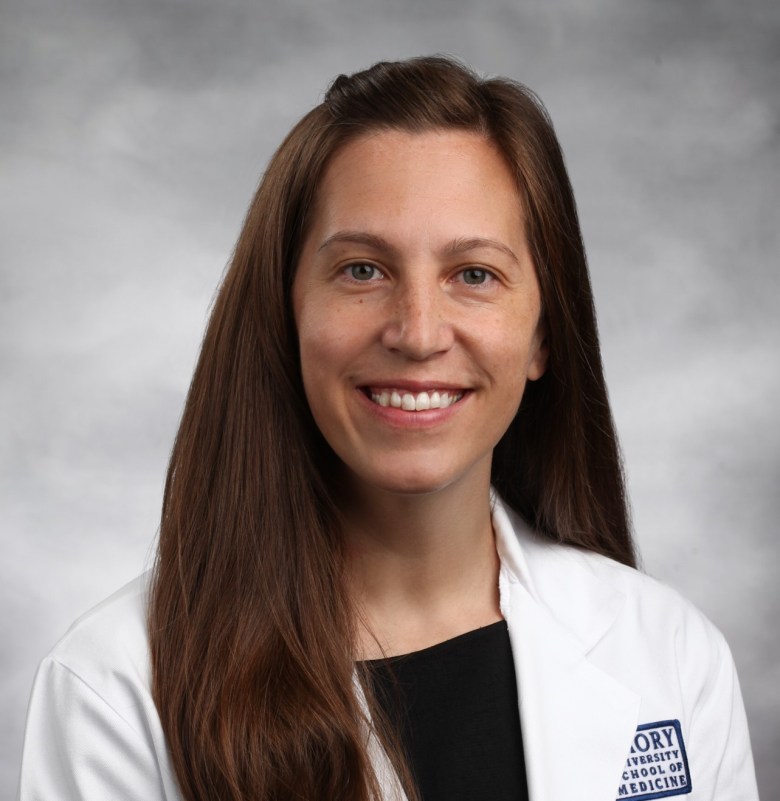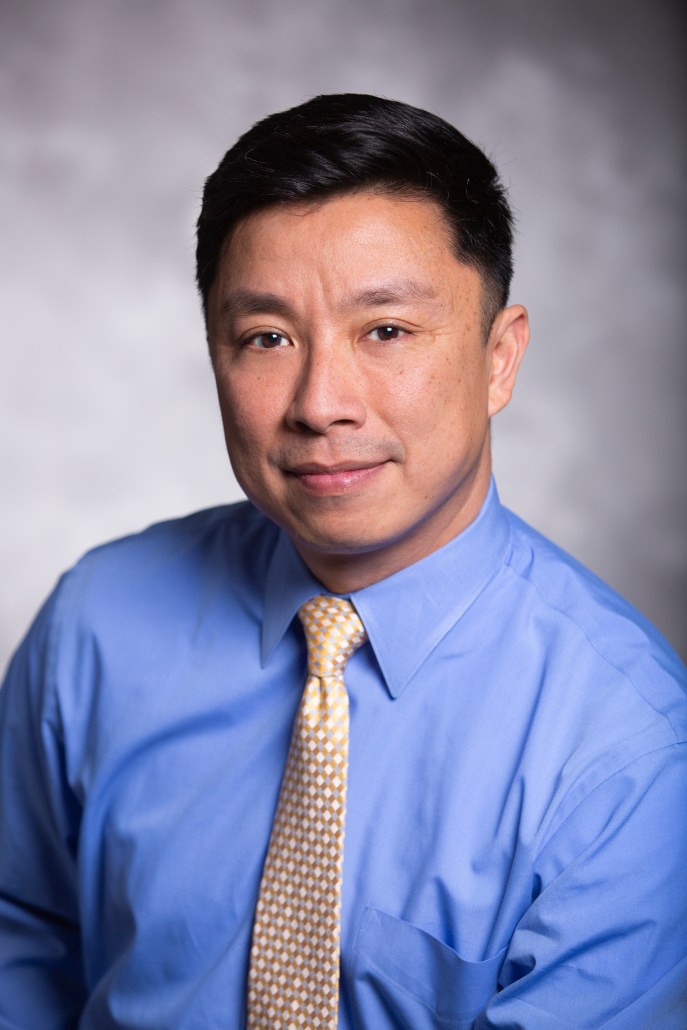Emory University has been awarded $1 million for up to five years to expand access and care to its multidisciplinary long COVID clinics at Emory University Hospital Midtown and Grady Memorial Hospital. A main focus of the grants, which are the first of their kind, will be on underserved, rural and minority populations that are disproportionately impacted by the disease.

The U.S. Department of Health and Human Services (HHS), through the Agency for Healthcare Research and Quality (AHRQ), awarded nine such grants to universities and centers across the U.S. to provide expanded comprehensive and coordinated care to those with long COVID. The grants are designed to expand access and develop and implement new or improved care delivery models, while fostering best practices for long COVID management.
“We are very excited for this opportunity to provide the coordinated care that COVID long-haulers deserve,” says Tiffany Walker, MD, assistant professor of medicine in the Division of General Internal Medicine at Emory and Grady and principal investigator (PI) of the AHRQ grant. “We understand that long COVID care can be fractured, and many patients have not received validation of their symptoms.”

Long COVID is commonly described as signs, symptoms and conditions that continue or develop after an initial COVID-19 infection, with people experiencing persistent and potentially disabling health impacts. Experts say these complications can have serious implications for people affected, particularly underserved minority populations, who historically have had poor access to affordable, quality health care.
The AHRQ funding will support expansion of the services provided at the Emory Long COVID Clinic, led by Alex Truong, MD, MPH, assistant professor in the Division of Pulmonary and Critical Care Medicine at Emory, and the reopening and expansion of the Grady Long COVID Clinic, led by Jenny Han,…
Read the full article here

